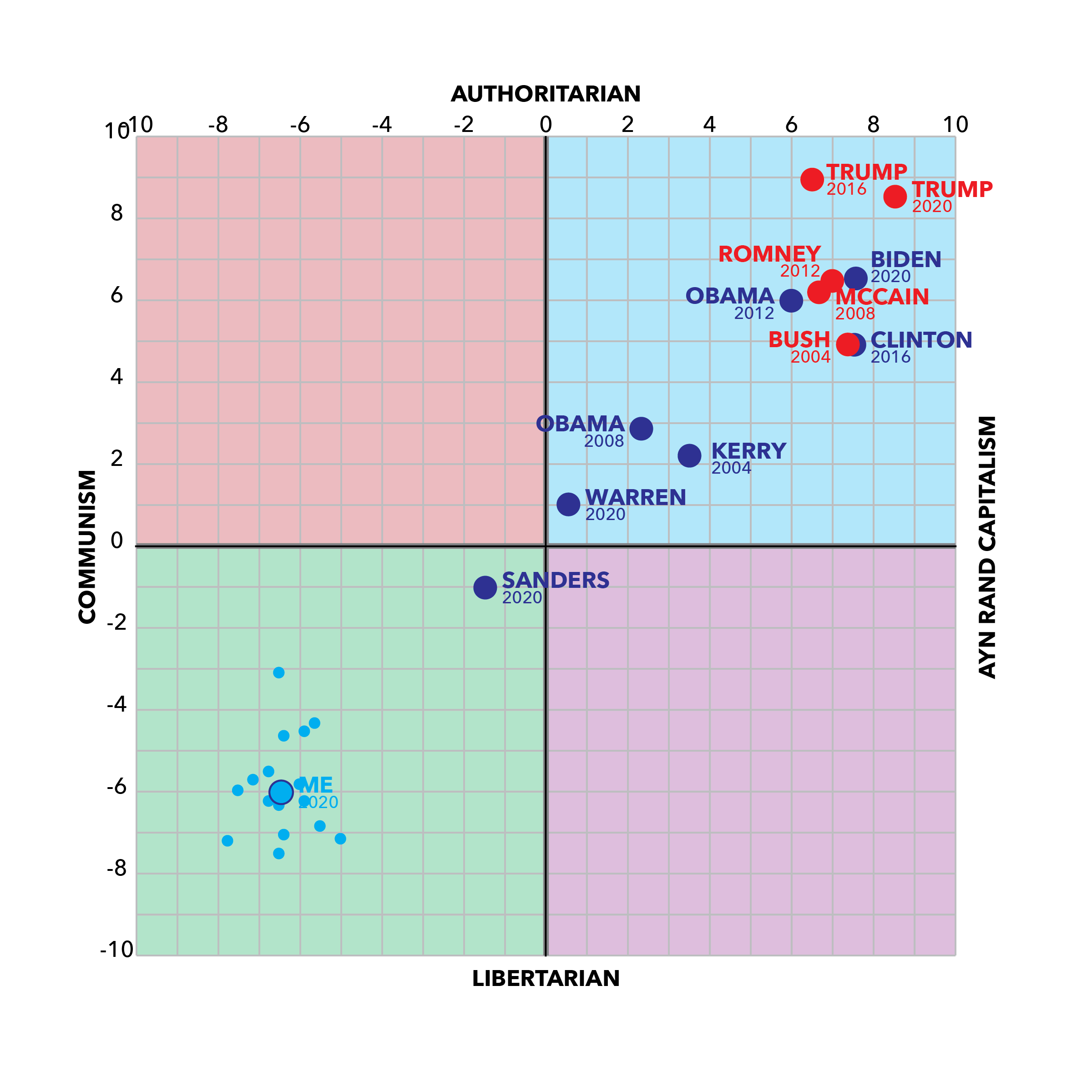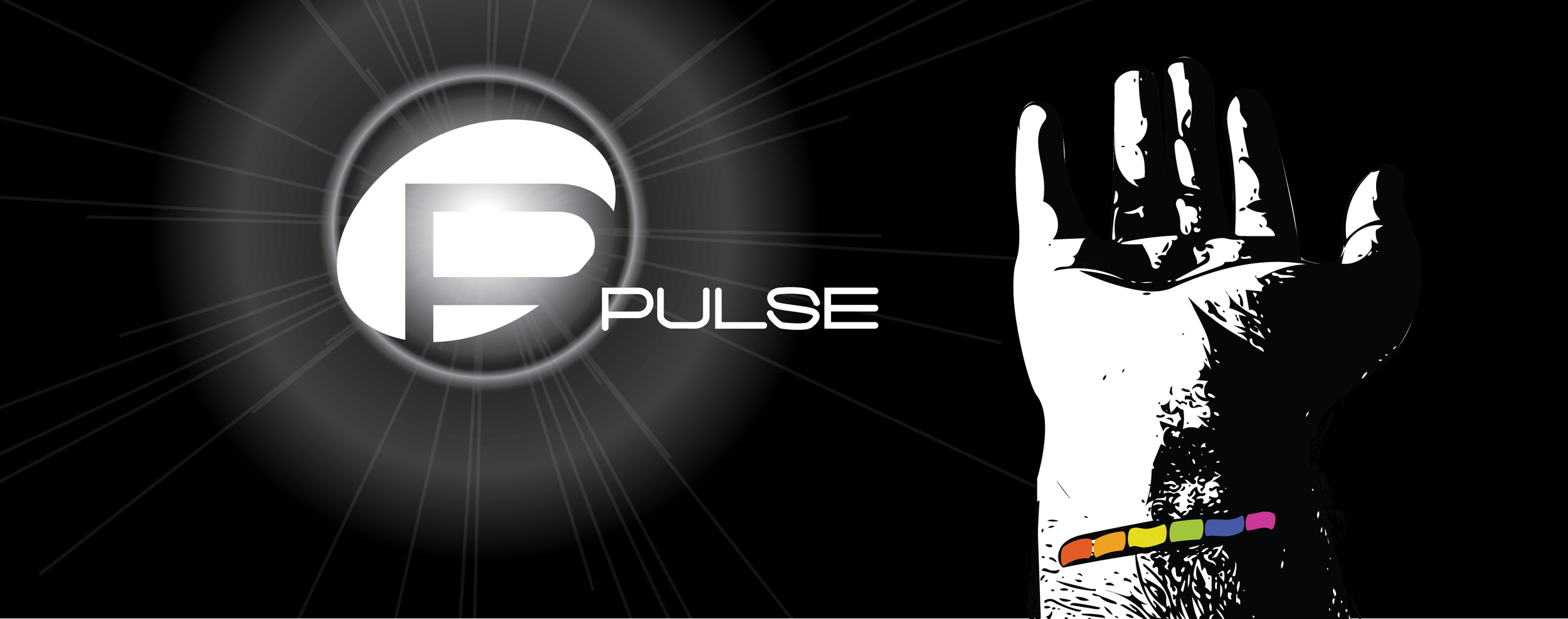The residents of Los Angeles are facing a reckoning tonight, but really, so should everyone in America who’s paying attention. The homeless encampment in Echo Park, started over a year ago, is facing its final shutdown and eviction. If you don’t know much about the story, you can read more here and here.
The Echo Park shutdown is an example — a critical time for us to reckon with our own role in police workplace culture. As public servants, we are part customer, part subject, part boss to them, and we need to see how the laws we pass and expectations we set shape them into the force they are.
The job performance of police officers is the responsibility of the police force. And it’s clear that responsibility has been mishandled, by a culture that fails to punish bad behavior and actively defends racist acts. But the job duties of police officers are our responsibility, as citizens, and they directly and substantially contribute to that same culture.
In many ways, police officers are suffering a squeeze that is not unlike the one on teachers. It’s of a different shape, to be sure: many police budgets continue to rise (even in Democratic cities after 2020, by the way), but both groups have growing expectations increasingly divorced from reality. In 2020, teachers were forced to alternatingly reinvent the structure of school to be remote and to operate in-person under threat of a pandemic, without being given sufficient or correct tools and resources to do either.
The same is true of police forces across the country. Every year, we pile the response to another societal problem on our police force — and to handle it, we equip them with riot gear, a billy club, 24 weeks of training, and a gun. And tonight in LA, we’re aiming them at homelessness.
Tonight, it’s the responsibility of LA officers to hold off protestors asking for reasonable accommodation for people with literally no homes while they remove those people from public land. Stories of cruelty and force are already beginning (and will surely continue) to arise from this environment. Because of course they will.
The laws, structure, and nature of our society, which we task the police to maintain, put officers in countless situations where they are required to be cruel, sometimes to the point of inhumane, because our solutions to the problems we face are cruel and inhumane. Our answer to mental health is violence; our answer to poverty is inadequate support and a lack of tools to escape it; and our answer to addiction is shame and punishment. Should it surprise us then, that a culture rewarding the cruel and inhumane is what persists in police forces?
How many times could you get deployed to arrest an addict and throw them in prison, a bipolar homeless woman who can’t afford meds, or a queer teen sex worker thrown out by their parents before the job is more than you can bear?
None of this is meant to excuse abhorrent behavior. Nor is any of it meant to undermine the racist aspect of these problems. Systemic racism makes these problems worse, and far crueler, to communities of color, especially when it puts life on the line. I never want to diminish that (though I am unqualified to speak to it. These people are.) But when we unpack the problems of systemic racism, we should also unpack the entangled problem of police culture that makes it so difficult to make progress.
We have to reckon with the part we play in sponsoring the laws and social structures that make it so hard to be a good person and a cop at the same time. The public plays a part-manager role to public service jobs, and when we find a job that continues to attract and retain people ill-fitted to its responsibilities, we have to act like managers and re-evaluate the role.
This is where I tell you we need to defund the police, hoping you’ve read enough to stick around for the ending. For those of you who’ve given any time or thought to what the Defund the Police movement is actually seeking, you may have noticed the threads building. The solution to police being tasked with responsibilities beyond their training, with cruel actions that drive kind individuals from the job, is unsurprisingly to stop doing that. To fund new (and in some cases renew old) programs that offer compassionate solutions instead of violent ones. To stop “fighting” problems and start solving them.
So please, read up. Reckon personally with your role in all of this. And don’t wait for a referendum to appear in your ballot box before you get involved. Start now to help shape it. Listen to affected communities. Seek the advice of experts. Seek out unheard voices and amplify them within your community. There is tremendous opportunity to make a difference here because the policies we need to change, and the resources to change them will happen at a local level, and you may find that your voice is so much louder than you are used to.
Make the change. Don’t wait for it. This is happening every day, and we do not have the time to pay the human cost anymore.
And for those of you looking for a to do list, start by:
Reading the demands of Black Lives Matter. And give each item its due consideration. You don’t have to agree with every point but you at least owe them research.
Educate yourself on the history of systemic racism and police brutality. We were all underserved by our schooling, you need to supplement your understanding.
Seek involvement with groups who want to reshape community policing into community support. Study the facts and listen to the opinions of experts who have something to say on the matter.
Think about your own personal sphere, and what you can do within it. We are in a state of crisis now, and while it is a comfort to remember Fred Rodgers’ admonition to “look for the helpers,” it’s also important to remember it was meant to be a comfort to children. It’s our turn to be the helpers, and there are a great many roles to play, and the cause can make use of a myriad of skills. Find out what you can bring to the table, whether it’s phone banking or door knocking or victim support or lobbying or baking cookies or donating money, go and do it.

